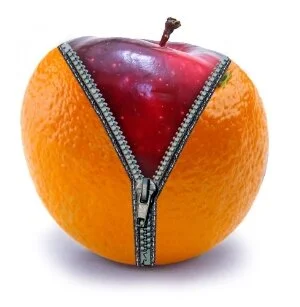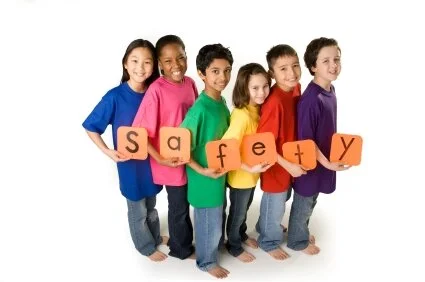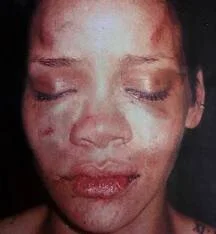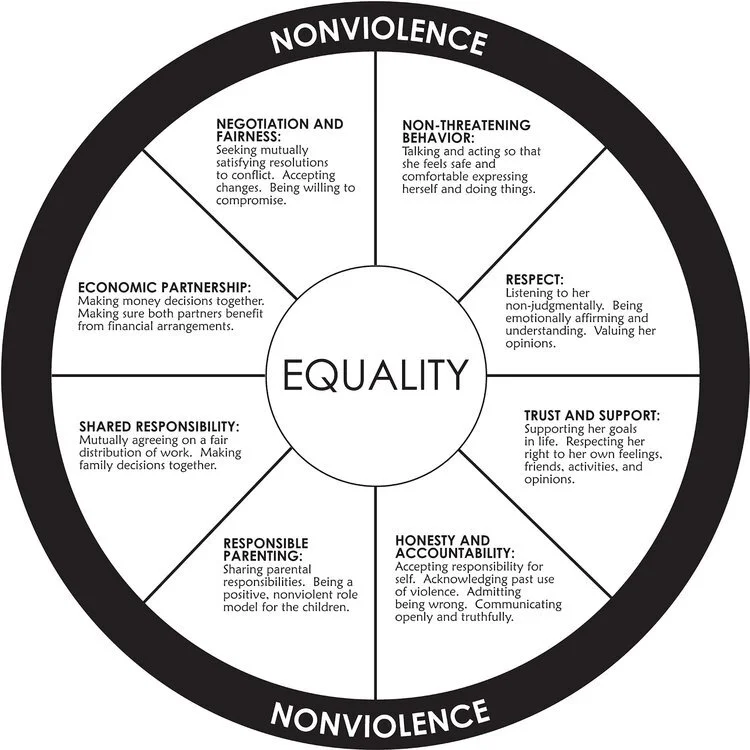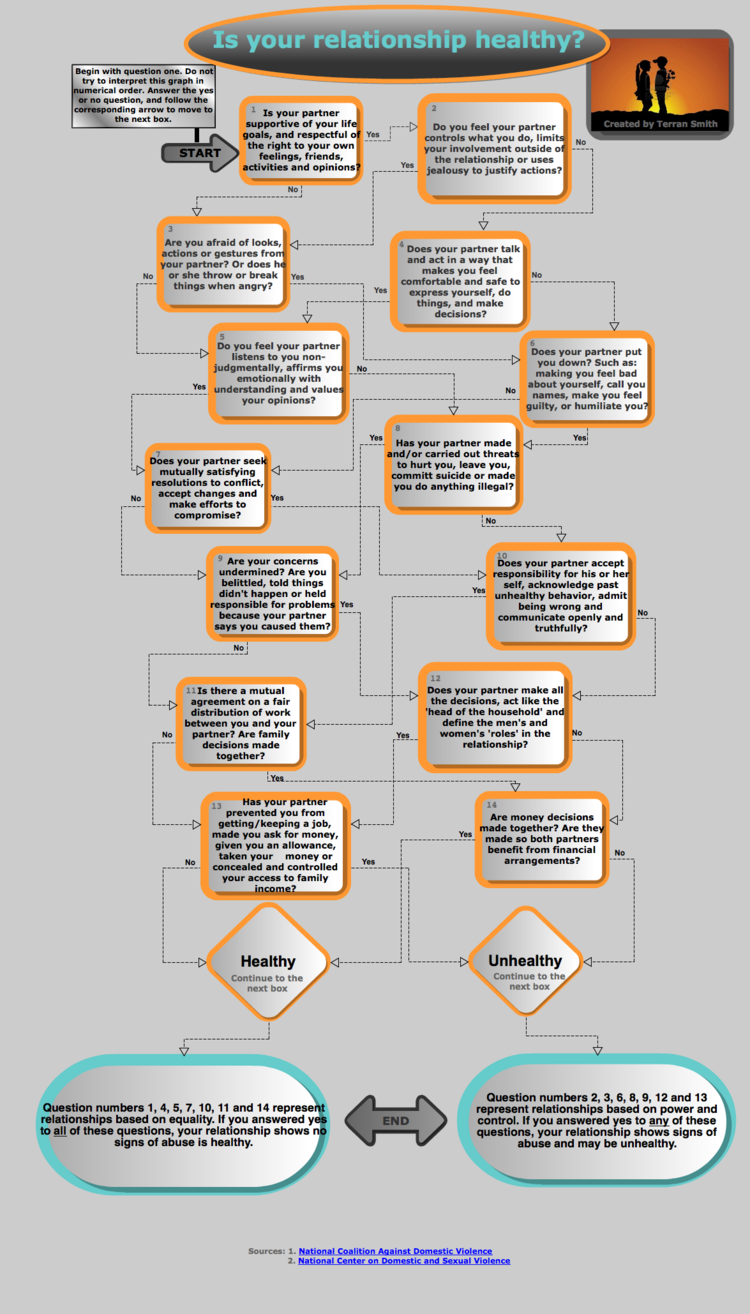I Thought An Apple Was An Orange
Before you read further, please be aware that you may find areas of this blog distressing, though I have attempted to reduce this by not being too graphic. I am aware that domestic abuse is not solely perpetrated by men to women, however, as I am writing from my experience of working at Hull Women's Aid (HWA), which is an organisation that supports women and children; I have written from this stance.
I was at work this week and talking to my colleague, Clare, about a family she went to see (in our role at HWA). She went to get some more information in order for us, as a service, to support her children with the domestic abuse they have, and are still, experiencing. Whilst she was passing over the details to prepare me for a meeting I had, she told me that the best way to describe the abuse was ‘when a woman says she thought an apple was an orange’ and I can’t get the out of my head. This woman was so confused, so manipulated and controlled to such a level that he could tell her an apple was an orange and her self-doubt would be so great, she would accept the information as fact.
I have worked with domestic abuse for over 8 years now and of course I have met some outstanding women that have survived horrific abuse but if I’m honest, I have never heard Clare’s analogy before. It made me think about my time at HWA, how the love of working with families that have survived domestic abuse has grown and how my body and mind still reacts strongly to each individual story. When I say react, I mean how my hairs stand on end and my skin hurts with goose pimples the size of golf balls, and how, when I try, I can never imagine being able to survive a similar situation and still smile, function and love; as do the women and children.
I wanted to share this in a blog, to talk about the impact of domestic abuse on women, for women to read who may be thinking they are in an abusive relationship and for others who are interested or who wonder how anyone could ever stay in an abusive relationship; 8 years with HWA and I still get asked this question.
So where to start with such a complex concept…… I think that it is important to mention that the driver (on behalf of the perpetrator) of domestic abuse is power and control. The power and control is gained by the perpetrator of abuse by one, some or all of the following categories: financial, physical, emotional/psychological and sexual. A misconception is that domestic abuse is inherently violent but this is not the case; I think perhaps the term ‘domestic violence’ contributed to this and therefore violence is replaced with abuse in an attempt to include all forms. The abuse forms a pattern of coercive behaviours that are often not present at the beginning of the relationship but are slowly and subtly introduced as the ‘norm’ within the relationship.
Can you imagine that your sister, your best friend or cousin tells you that her partner is abusive in the ways mentioned?
To give you some idea to help you; imagine she tells you that her partner has said that she doesn’t need to work, that he earns enough for the both of them and he doesn’t think a woman should have to go out work. That once she was out of a job, he would restrict her money and she would have to show him what she spends it on; that is has got so bad the children aren’t allowed to go the hair dressers as he doesn’t think the money is justified, nor is buying them school trousers to fit or taking them out for the day (financial abuse).
Imagine that she tells you that he likes to video them both whilst having sex, sometimes they experiment in taking drugs whilst having sex and this has meant on a few occasions, she can’t remember what has happened and he has told her that he has introduced his friends but she does not remember; when they argue and she wants to leave or do something he disapproves of – he threatens her with the videos, that he’ll put them on Facebook for everyone to see; that social services will remove her children as she’s a slag and an unfit mother (sexual and psychological abuse).
Imagine that she confides in you that he has hit her, it was an awful experience and both of them are so upset by what happened; he’s been working such long hours that he snapped and has promised he will never do it again. But he has and this time she hasn’t told you because she’s ashamed and worried that you won’t understand the pressure he is under. You see her confidence diminish and hear her lies about what is happening, it is emotionally difficult for you and she won’t listen to your advice and so you distance yourself to protect yourself from the pain. She feels isolated and he tells her that he’s the only one that will love her and she’s the only one that understands him; that they need to stick together (physical, emotional and psychological).
Unfortunately, she’s not likely to tell anyone that this is happening, as domestic abuse is often considered a big secret, to be kept within the four walls of the family home; and the children are also well aware of this too. When I deliver training in schools and colleges, we ask them to consider what actions constitute the different forms of abuse and they often struggle to give examples; the ones I have used are real life and I chose them in an attempt not to be too graphic. My motive for listing these examples is because the ability to put yourself in the position of a perpetrator of abuse is difficult - to be able to fully comprehend the extent of their efforts and strategic vindictive patterns of behaviour is hard - what survivors of domestic abuse go through is often incomprehensible and the only way I could ever believe anyone could do these things is because I have the woman in front of me; it is real.
I have touched upon the diversity of relationships in the previous blog ‘Relationships; the hope’ and many of the other blogs may also be helpful in understanding the psychology of why we accept destructive things in our relationships but here, I am going to concentrate on the dynamics of the abuse to explain why women find it hard to leave.
As I mentioned earlier on, the abuse, more often than not, is not present in the early stages of the relationship and therefore the woman and her friends and family have accepted the abuser before his traits begin to show. This in itself creates a barrier for the woman being able to access support from friends and family – who wants to tell their loved ones that actually, that man she loves is manipulative and abusive. As the abuse continues, her self-esteem and ability to problem solve is reduced throughout; she no longer knows what her options are (or feels there aren't any), she may have no money if she leaves the relationship and the house may be in his name. She may be abusing drugs and/or alcohol as a way of coping and he may also suggest that this is a reason she would not be able to keep her children should she leave. SHE LOVES HIM. A woman will live in hope because she loves him and believes he loves her – she’s hoping the behaviour will stop and she will have the relationship it once was; before the abusive behaviours began. She may have animals and he has threatened that he will kill them/it if she leaves and she knows he would because he’s done it before (there is a high correlation between domestic abuse and cruelty to animals). The woman may believe that her children need their father, that he is not abusive to them, he is a good Dad and they love him – to rob her children of a father figure would in turn make her a bad mother (this could be a notion of her own or could be part of the abuse). She may not have been able to parent her children; he has taken all responsibility of setting boundaries and the care-taking roles – she may feel that without him she would never be able to cope.
It is at the point of leaving that a woman is most at risk; 2 women in the UK, each week, are killed by their current or former partner. I have heard too often, how some women feel that it is easier to be with their abusive partner than without them – if they are with them they are able to predict much easier, as if they are not with them, they don’t know where he is, what they’re doing and feeling safe in practically non-existent. This is a contributing factor (together with other barriers mentioned) as to why women leave the relationship, an average of 7 times before they leave for their last.
Domestic abuse knows no barriers; it is experienced regardless of ethnicity, religion, class, age, sexuality, disability or lifestyle. 1 in 4 women will experience domestic abuse in their life-time.
Here are some statistics from our area of Hull:
In Hull the police respond to over 550 incidents of domestic abuse every month; HWA’s on-call system operates out of office hours to ensures that they have direct contact with the emergency duty team so women and children can access the refuge at any time of the day or night.
From June 2010 to June 2011, the HWA refuge has provided shelter and safety for 67 women and 106 children and this number does not include the number of women and their children that they have not had space for and have had to refer to other Women’s Aid refuges throughout the UK.
Domestic abuse is a real issue, women and children are often suffering in silence due to not knowing that help is there or in fear of the stigma attached; since it knows no boundaries, I would argue that the stigma is about one living in a bubble of unrealistic optimism ‘it would never happen to me’ and I sincerely hope that it doesn't - but it could happen to someone you know.
By arming yourself with information about the behaviours of a perpetrator and the impacts it can have on women, you are more likely to be able to offer non-judgmental support and advice and reduce the possibility of her feeling isolated and trapped.
We are very lucky to have extensive resources for women in Hull, here are some support services:
Hull Women’s Aid – 01482 446099/474133 (the only refuge offering safe accommodation in Hull and the East Riding).
Hull Domestic Abuse Partnership – 01482 318759
Purple House (Preston Road Women’s Centre) – 01482 390310
Strength to Change (perpetrator programme) – 01482 613 403
Domestic Violence Adult Service (East Riding) – 01482 396330
These services are vital in being able to offer the women and children safety, support and the opportunity to recover.
If you would like to contact me with any questions, or would like to discuss making an appointment for counselling or psychotherapy, please do, I am more than willing to help where I can.
References for this blog: www.womensaid.org.uk

